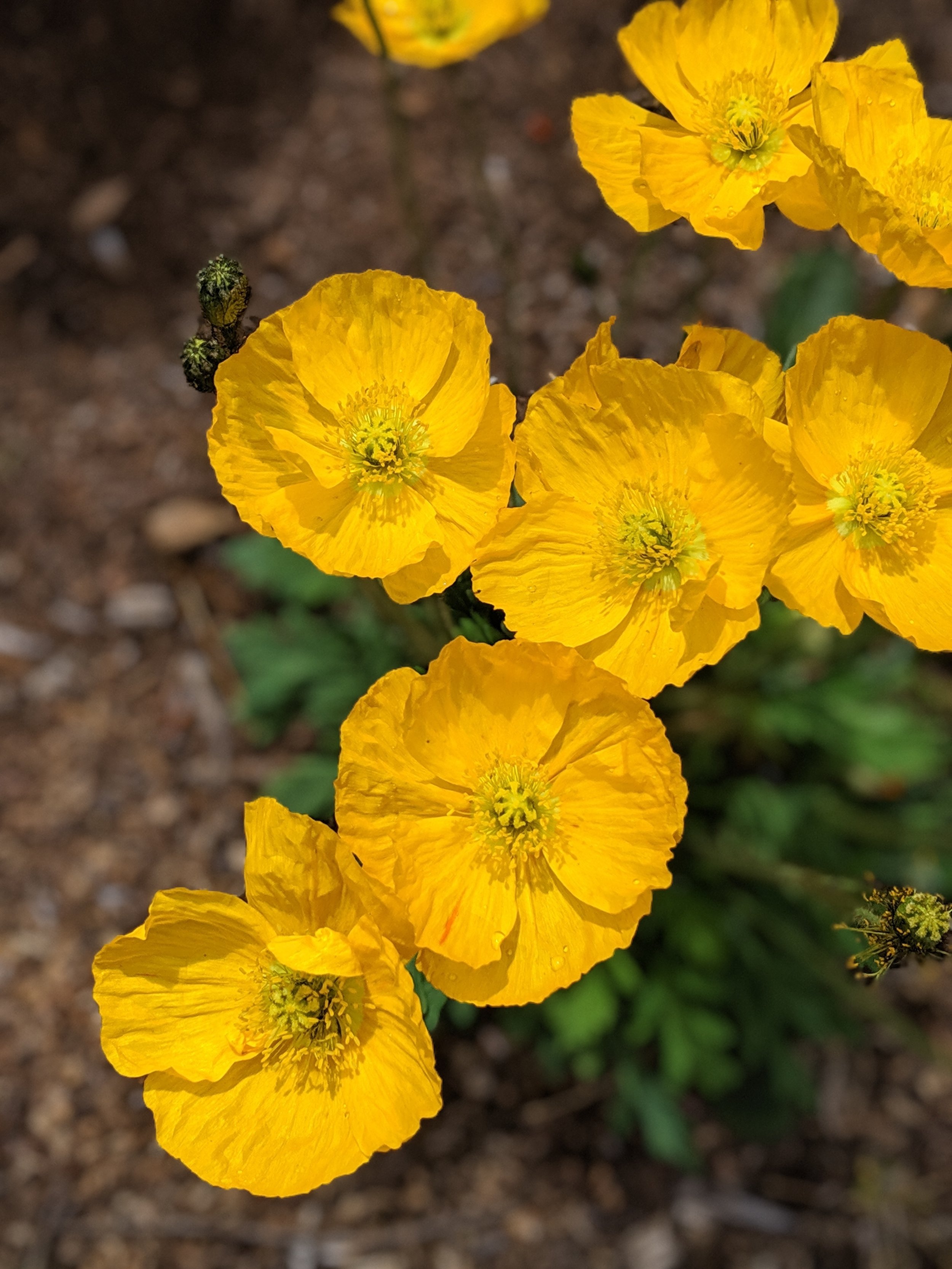truth and beauty
/I wish I had music in my soul. It seems easier to put voice to it all that way, to put the hard unbeautiful words into some beautiful form that goes down easier. You can say more while saying less and the critics are too busy nitpicking the sound to go hard against the lyrics.
Plain words in a plain paragraph form, like this, leave nowhere to hide. I tell you what I think and wait to be torn to shreds for it. I write prose for the same reason people write poetry, but without the poetic form to excuse my emotion as “art.” Mine will be dismissed as the emotions of a weak vessel, but if this were a song the emotions would be considered its life force.
The feelings are allowed in art.
No wonder art has lost its place in church.
There’s at least some small exodus from Evangelicalism, Inc., with its warehouse buildings and windowless sanctuaries, back into traditions that lean into rhyme, rhythm, color, and beauty along with the truth. To my surprise, I have joined it.
If you follow my life in a timeline of the churches I’ve been part of, you’ll find that I followed the light: from four different windowless warehouses with bare walls to migrating into the well-lit foyer to, finally, sitting down every week in a cozy former synagogue with tall windows down each side, sunlight pouring generously in. There are small reproduced paintings in between the window frames depicting various Biblical scenes, and colorful banners hang on the walls. The altar is draped in rich fabric according to the liturgical season. Candles flicker. It’s humble, and it’s beautiful.
The feelings are allowed in beauty.
Truth and beauty are two of my highest values, but they’ve always felt at odds with each other. In this culture, we use phrases like “the awful truth” or “the ugly truth”—the thing nobody wants to hear, but somebody has to be brave enough to say. Those who offend with the truth get recognition. For several years, I tried this tactic on for size in my own writing, and it worked; it got a lot of comments and shares and traffic. It felt like I was doing something that mattered.
But it was ugly. Marked by pride, flattery, ego, and conflict. Even if everything I wrote was true, very little of it was honest.
Honesty is where truth and beauty find overlap.
The feelings are allowed in honesty.
In the realm of Christianity I’ve spent the most time in, there is this unspoken idea that the only really-true truth is the one that has been stripped of every element of life. “Real” truth, Truth with a capital T, should sound like a mathematical fact or a scientific law: black and white and unarguable and entirely dismissive of complicating factors like God or relationship or humanity.
Any emotion or soul or spirit—even the Holy Spirit Himself—renders a truth-claim suspect.
It’s idiotic, really. We were made human, in the image of God, only to attempt to become robots in how we discern what is true. We’ve made a sort of idol out of certainty—out of being able to believe a “fact” simply because “God said so,” without regard for the creative evidence both within us and without us that screams our facts are at best incomplete. Our truth is not honest.
If we are honest, humans were created for beauty. Humans are wired for emotions. Humans thrive in relationship. If we’re honest, relationships and emotions are some of the messiest and grayest areas of life. You can’t slap a mathematical fact or a scientific law on any of it. It’s just too unpredictable.
To me, that’s why it’s beautiful.
It’s a glimpse of God at work—glorious, fierce, incomprehensible. It’s a reminder that I am not in control and I don’t get to tell Him who He is. It’s walking under the trees in a whipping wind while the sky roils with thunderheads, or lying in the grass with the sun on your face and the thin buzz of honeybees all around. It’s the familiar rhythm of spring rolling into summer or the phases of the moon, punctuated by the chaos of invisible solar storms or devastating natural disasters.
There is order and there is chaos. There is truth and there is beauty. There is body and there is emotion. There is what we know and a whole universe of what we don’t know at all.
Honesty—the space where truth and beauty overlap—is what I see at the heart of the exodus from warehouse to window-light. I, for one, am worn out by robotic certainty and “the ugly truth,” because I know that the honest truth, the truth that holds space for the divine as well as the human, is beautiful.
God is beautiful and the maker of beauty. God is true and the standard of truth. My job, as His image-bearer and witness, is honesty.







